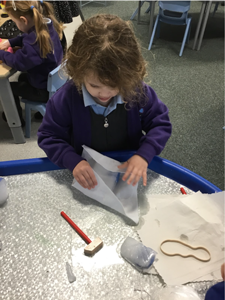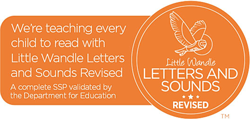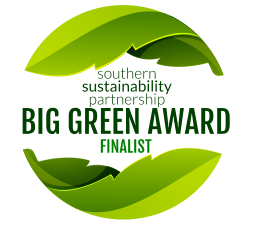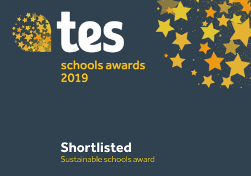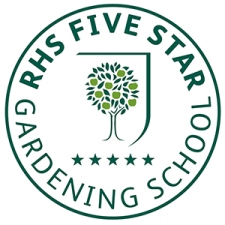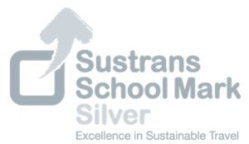Science
Our Science Vision
Principles of good science teaching
Children recognise the awe and wonder of the world around them.
Children are excited to ask questions about the world around them both in school and at home.
Children are inspired to observe, explore and discover new things about their world.
Children practise, know and use relevant scientific vocabulary to explain their ideas.
Children are excited by their ideas and discoveries.
All children are active learners in science.
At Damers, we believe that children learn best in science through engaging in practical enquiries, so we give the children lots of opportunities to explore, investigate and discuss their learning. Children are naturally curious, and we foster their curiosity and questioning skills to develop a love of knowledge of the world around them. We want them to ask questions and be amazed and excited about their discoveries. We want them to love finding out more about the world around them and feel a sense of wonder about new knowledge of the world.
Each year team plans a series of investigations linked to their science topics for the year, following the National Curriculum topics. These science topics are incorporated as an integral part of our Harmony Curriculum and we ensure that links are drawn between different curriculum areas so learning is cohesive and makes more sense to children.
We also place a great emphasis on developing children’s vocabulary and oracy in science to build their scientific knowledge. This supports children to be able to explain what they have learned and it also helps them to retain their learning over time.
Key Stage 1
The principal focus of science teaching in key stage 1 is to enable pupils to experience and observe phenomena, looking more closely at the natural and humanly constructed world around them. They should be encouraged to be curious and ask questions about what they notice. They should be helped to develop their understanding of scientific ideas by using different types of scientific enquiry to answer their own questions, including observing changes over a period of time, noticing patterns, grouping and classifying things, carrying out simple comparative tests, and finding things out using secondary sources of information. They should begin to use simple scientific language to talk about what they have found out and communicate their ideas to a range of audiences in a variety of ways. Most of the learning about science should be done through the use of first hand practical experiences, but there should also be some use of appropriate secondary sources, such as books, photographs and videos.
Key Stage 2
The principal focus of science teaching in lower key stage 2 is to enable pupils to broaden their scientific view of the world around them. They should do this through exploring, talking about, testing and developing ideas about everyday phenomena and the relationships between living things and familiar environments, and by beginning to develop their ideas about functions, relationships and interactions. They should ask their own questions about what they observe and make some decisions about which types of scientific enquiry are likely to be the best ways of answering them, including observing changes over time, noticing patterns, grouping and classifying things, carrying out simple comparative and fair tests and finding things out using secondary sources of information.
They should draw simple conclusions and use some scientific language, first, to talk about and, later, to write about what they have found out.
Throughout Damers, and especially as they develop in KS2, children are encouraged to work and think scientifically, developing the necessary attitudes for science later in their school lives and beyond.
The topics covered in each year group are as follows:
Year 1
- Plants – basic identification and structure
- Animals, including humans – identification and classification of common animals
- Everyday materials
- Seasonal changes
Year 2
- All living things
- Plants – their needs and conditions for growth
- Animals including humans – their basic needs, the importance of exercise, diet and hygiene
- Habitats
- Uses of everyday materials
Year 3
- Plants – flowering plants, lifecycle and requirements
- Animals including humans – nutrition, bones and muscles
- Rocks
- Light
- Forces and magnets
Year 4
- All living things
- Animals, including humans – teeth, the digestive system and food chains
- States of matter
- Sound
- Electricity
Please click to view our Science Progression of Knowledge and Skills.

